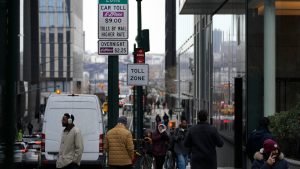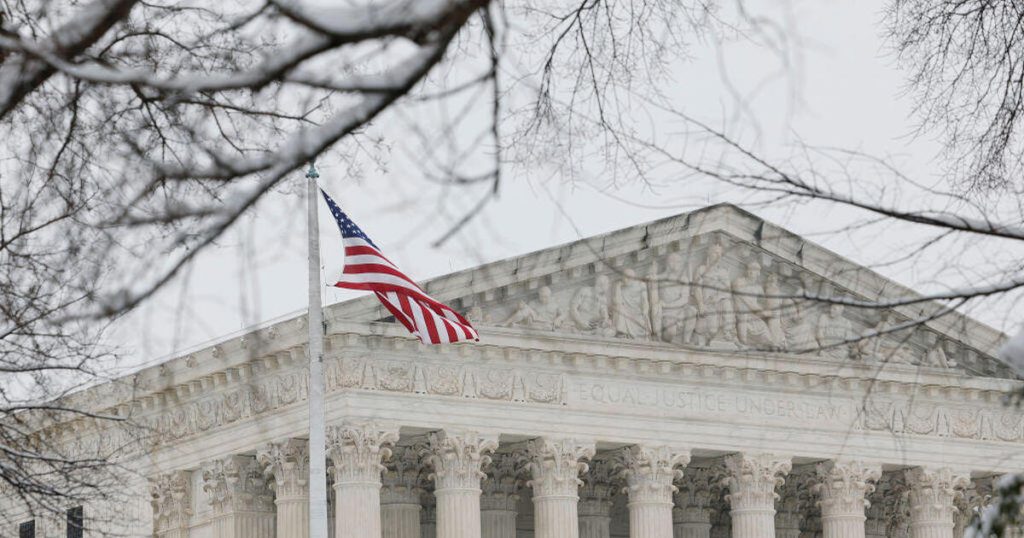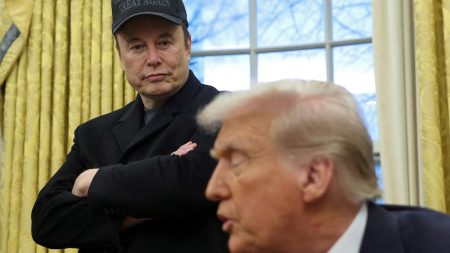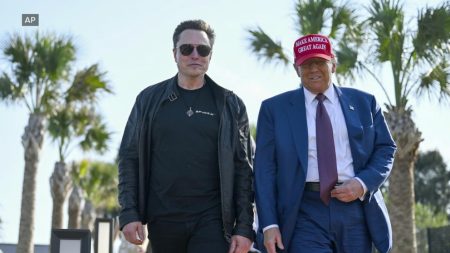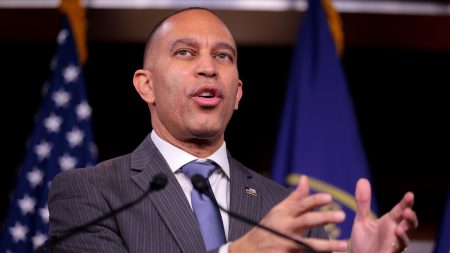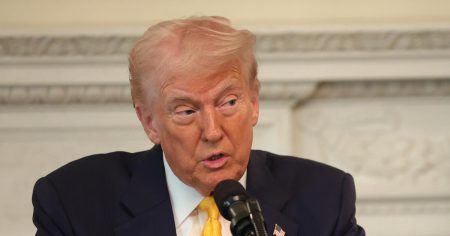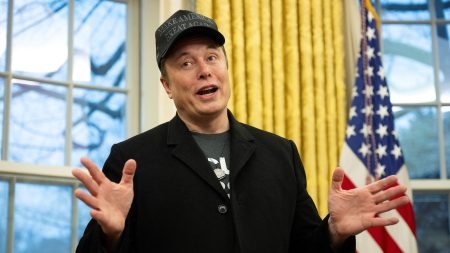The Trump Administration Seeks Supreme Court Intervention in Whistleblower Agency Case
The Trump administration has taken a significant step in its ongoing efforts to reshape federal agencies by filing an emergency appeal to the U.S. Supreme Court. The appeal seeks to overturn a lower court ruling that temporarily reinstated Hampton Dellinger, the head of the Office of Special Counsel (OSC), a federal agency tasked with protecting whistleblowers and ensuring ethical conduct within the government. This legal maneuver marks the first time the Trump administration has approached the Supreme Court since President Donald Trump took office in 2024. The case represents a broader struggle over executive power and the independence of federal agencies, with the administration arguing that the court’s intervention is necessary to maintain its authority over key appointees.
Background of the Case and Its Implications
The legal battle began when Hampton Dellinger, appointed by President Joe Biden in 2024 to lead the OSC, was abruptly fired by the Trump administration. Dellinger, who was confirmed by the Senate for a five-year term, contended that his dismissal violated federal law, which stipulates that the head of the OSC can only be removed for cause, such as poor performance or misconduct. The Trump administration, however, did not cite any specific reasons for his termination in the dismissal email. In response, Dellinger sued, arguing that his firing was unlawful and undermining the independence of the OSC. A federal judge agreed, issuing a temporary order reinstating Dellinger until the case could be fully reviewed.
The administration’s decision to escalate the matter to the Supreme Court reflects its determination to assert control over federal agencies and push back against legal challenges to its authority. This case is part of a larger pattern of legal battles between the Trump administration and lower courts, which have often slowed or blocked key aspects of its agenda. With a conservative majority on the Supreme Court, including three justices nominated by Trump during his first term, the administration may be betting on a favorable ruling. However, the outcome remains uncertain, as the justices have sometimes shown independence from the president’s wishes.
The Trump Administration’s Legal Argument
In its filing, the Justice Department argued that the lower court’s order reinstating Dellinger constitutes an unacceptable intrusion on executive power. The administration contends that the president and his appointees must have the authority to remove agency heads without judicial interference, citing past Supreme Court decisions that have emphasized the importance of executive authority. Specifically, the brief references a decision granting Trump immunity from criminal prosecution during his presidency, which the administration views as a precedent for its broader claims of executive power.
The OSC, an independent agency, plays a critical role in safeguarding federal employees from illegal personnel actions, including retaliation against whistleblowers. By challenging Dellinger’s reinstatement, the Trump administration is testing the boundaries of its authority to reshape the federal bureaucracy. This case could have far-reaching implications for the balance of power between the executive branch and the judiciary, as well as the protections afforded to federal employees and whistleblowers.
The Role of the Office of Special Counsel and Its Significance
The Office of Special Counsel, led by Hampton Dellinger, is a unique agency within the federal government. Unlike special counsels appointed by the attorney general to investigate specific cases—such as Jack Smith, who is overseeing a criminal investigation into Trump—the OSC operates independently to protect federal employees and ensure compliance with ethics laws. Its mandate includes investigating retaliation against whistleblowers, enforcing Hatch Act violations, and promoting transparency within the government. Dellinger has emphasized the importance of the OSC’s work, particularly in light of recent actions by the Trump administration, which he has criticized for unprecedented firings of federal employees with civil service protections.
By challenging Dellinger’s reinstatement, the Trump administration is not only seeking to consolidate control over the OSC but also undermine its independence. Whistleblower protections are a cornerstone of federal ethics laws, and the OSC’s ability to operate without political interference is essential to maintaining public trust in government. If the Supreme Court rules in favor of the administration, it could embolden efforts to dismantle civil service protections and further politicize the federal workforce.
Broader Implications for Trump’s Agenda and Executive Power
The legal battle over Dellinger’s firing is part of a broader effort by the Trump administration to shrink and reshape the federal government. In recent weeks, the administration has moved aggressively to dismiss federal employees with civil service protections, sparking concerns about the erosion of bureaucratic independence. By challenging the OSC’s independence, the administration is also signaling its intent to limit the ability of federal agencies to act as checks on executive power.
This case is emblematic of the administration’s willingness to test the limits of executive authority, often in ways that provoke legal and political controversy. The outcome of the Supreme Court appeal will not only determine the fate of Hampton Dellinger’s leadership at the OSC but also set a precedent for how much power the executive branch can wield over independent agencies. If the court sides with the administration, it could pave the way for further consolidation of power and undermine the independence of agencies like the OSC, which are designed to operate outside of partisan politics.
The Road Ahead: What’s Next in the Legal Battle?
The case is unlikely to be docketed by the Supreme Court until after the Presidents Day holiday weekend, with a decision not expected until at least Tuesday. In the meantime, the temporary order reinstating Dellinger remains in place until February 26, unless the Supreme Court intervenes earlier. While the conservative-majority court has shown a willingness to support executive power, the justices may approach this case with caution, given the potential implications for the balance of power in the federal government.
Hampton Dellinger and his legal team have framed the case as a critical test of the rule of law and the independence of federal agencies. They argue that allowing the administration to fire the head of the OSC without cause would undermine whistleblower protections and create a chilling effect on federal employees who might otherwise report misconduct. The administration, on the other hand, sees the case as a necessary assertion of executive authority and a defense against what it views as overreach by the judiciary.
The outcome of this legal battle will have far-reaching consequences for the federal workforce, the independence of agencies like the OSC, and the balance of power between the executive and judicial branches. As the case moves through the courts, it will likely remain a focal point in the ongoing debate over the limits of executive power and the role of independent agencies in checking abuses of authority. The Supreme Court’s decision will not only resolve the immediate dispute over Dellinger’s tenure but also set a precedent that could shape the relationship between the president and federal agencies for years to come.
